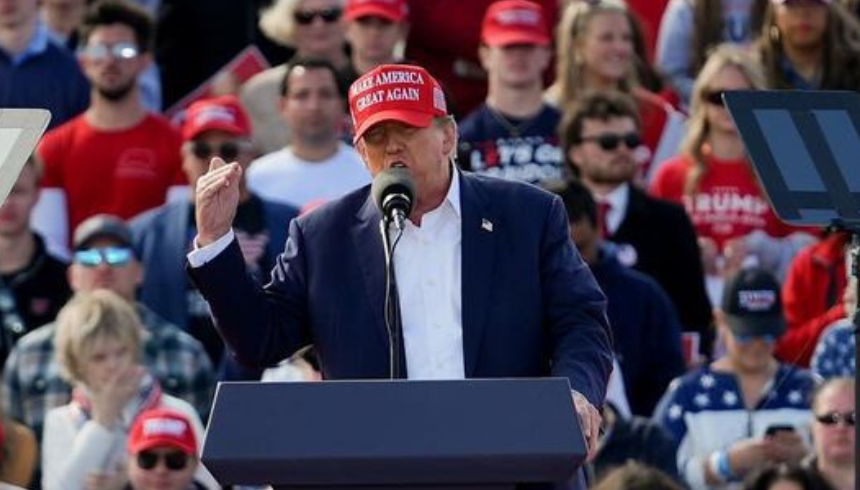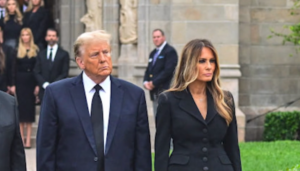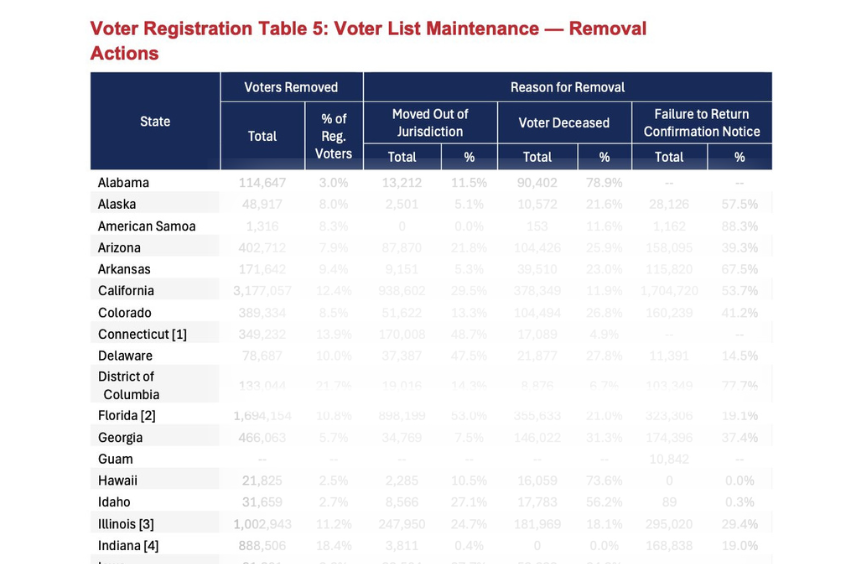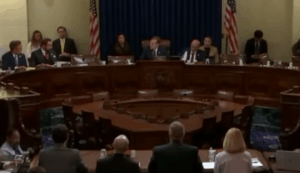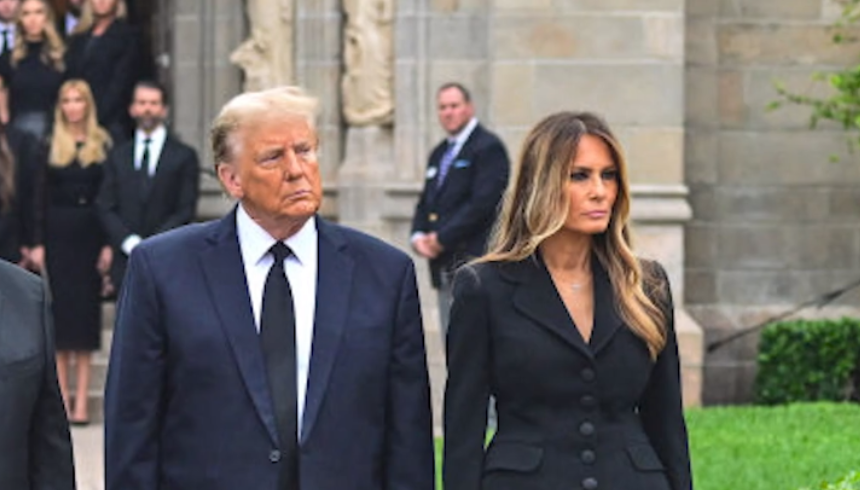In a recent court filing, former President Donald Trump and his co-defendants managed to obtain a $175 million bond for their New York civil fraud case.
The bond was secured through Knight Specialty Insurance Company, a firm owned by the Hankey Group. Don Hankey, the chairman of Hankey Group, expressed his support for Trump and explained that his company was happy to assist the former president in this matter.

While Hankey acknowledged his personal support for Trump, he emphasized that the decision to provide the bond was primarily a business one. He noted that Trump put up all the collateral in cash, and Hankey expressed confidence in the quality of the collateral provided.
Hankey mentioned that his company had initially been involved in discussions regarding a larger bond amount, but renewed their efforts when the court reduced the bond to $175 million.
Regarding his political contributions, Hankey stated that he had contributed to Trump’s campaign but could not recall the specific amount.

Representatives from the New York attorney general’s office declined to comment on the matter.
In response to the successful posting of the bond, Trump’s attorney Alina Habba stated that the former president looked forward to appealing the verdict and overturning what he deemed an unjust decision.
Last week, a panel of judges granted Trump and his co-defendants a temporary stay of the $464 million judgment and allowed them to post a reduced bond while they appealed the case.
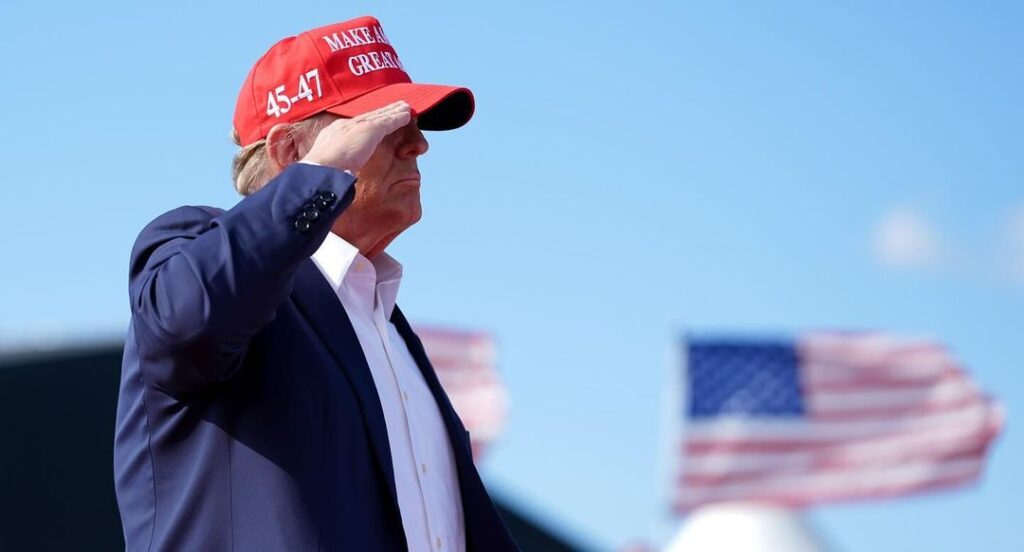
Trump’s legal team argued that he lacked the cash to secure the full bond amount after being rejected by multiple bond companies. They contended that Trump would face irreparable harm if forced to sell his properties before exhausting his appeal options.
The case stems from allegations of business fraud, with Judge Arthur Engoron imposing fines on Trump and his associates after finding them guilty of inflating Trump’s net worth to secure loans and business deals.
Trump has consistently denied any wrongdoing and has appealed the ruling, arguing that the judgment was disproportionate and flawed.

If Trump’s appeal is unsuccessful, he and his co-defendants could be liable for the full $464 million judgment, potentially leading to the seizure of Trump’s assets to satisfy the debt.
In a separate defamation lawsuit, Trump secured a $92 million bond through insurance company Chubb after being found liable for defaming writer E. Jean Carroll. Trump has filed an appeal in that case as well.

